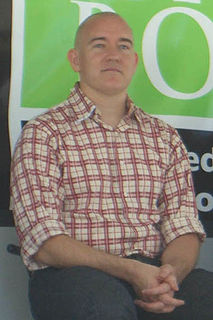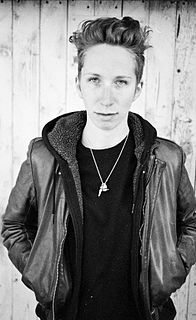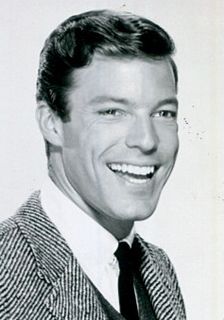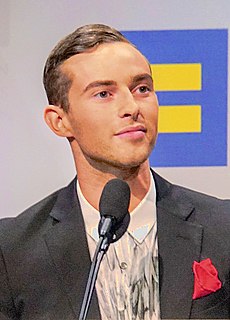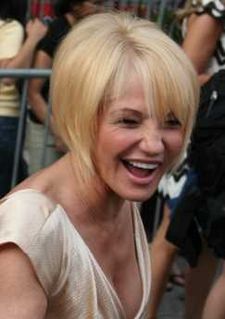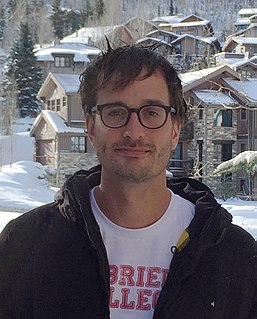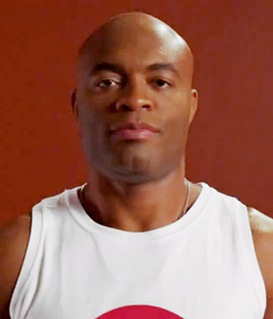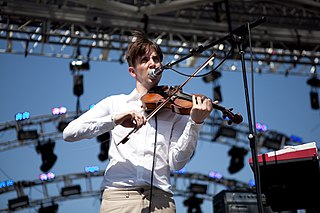A Quote by Seth Berkley
When AIDS first appeared, people didn't know what it was. You'll remember that it affected mostly young gay men - it was actually called GRID for a short period of time: Gay-Related Immunodeficiency Syndrome - and people thought it actually might be recreational drugs or other types of toxins.
Related Quotes
Because gay people were so much more visible, violence against gays was more common and reported on. But they were definitely related to each other. In the wake of AIDS, gay people felt like they had to organize, become much more active and visible. AIDS fostered a gay rights movement that made gay people more powerful and more vulnerable at the same time.
I've known gay people - men and women - since I was a young person. To me it's just naturalistic and realistic to portray gay characters in a humanistic light. As a young man, I knew enough gay people as people not to fear them. On the other side of the coin, I like to irritate conservatives and homophobes.
When I first came up, the whole AIDS epidemic was starting, and the gay community that I experienced from the beginning of my career was mostly - and overwhelmingly - concerned with staying alive. And, also, I felt really aware of the preciousness of life and time. The gay community and people who were HIV-positive were treated so badly, and I was very disturbed by things. But I also saw a lot of love and connection in the gay community at that time.
First and foremost, I'm an athlete. And I'm an Olympian. I'm not a gay Olympian. I'm just an Olympian that's also gay. I don't mind reading that - like, 'gay Olympian Adam Rippon.' It's fine. I hope that, in a way, it makes it easier for other young kids who are gay. If they go to the Olympics, they can just be called Olympians.
You think you're in a place where you're all 'I'm thrilled to be gay, I have no issues about being gay anymore, I don't feel shame about being gay,' but you actually do. You're just not fully aware of it. I think I still felt scared about people knowing. I felt awkward around gay people; I felt guilty for not being myself.
As a child, I had a lot of older gay men taking care of me. There's a trust there. I feel like little girls and old gay men together - there's a safety. They make a shield from all of the bad things they've experienced in the world. They make a home together. There are no songs about that. I don't know if you remember, but there was a show a long time ago called 'Love, Sidney.'
The ball scene was never really only gay people. I think people have this notion that if there's a man hanging around a gay man, he must be gay, but that's just stigma. Back in the day, it was the same; there were lots of different people there: gay, straight, whatever. They did not care what they were called because they knew who they were.
Honestly, I am hoping to influence young people, and Twitter's a great way to encourage them to lend their voice to the conversation. Any time you can show young people that you support gay friends and that there are gay people in the world who are lovely, happy, singing, and in love, it opens their minds.

